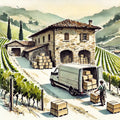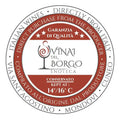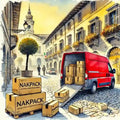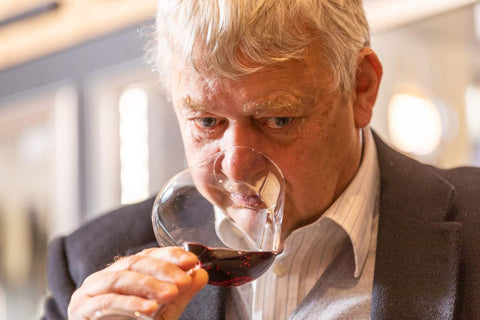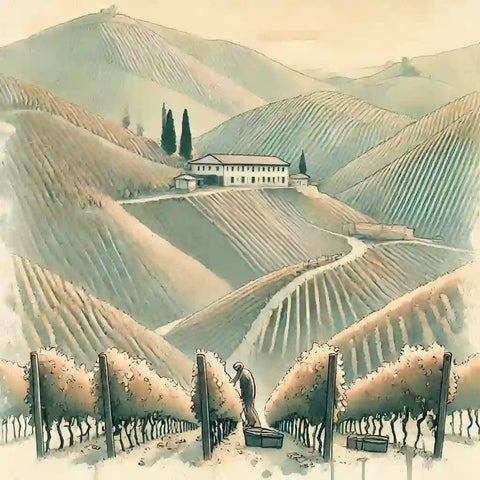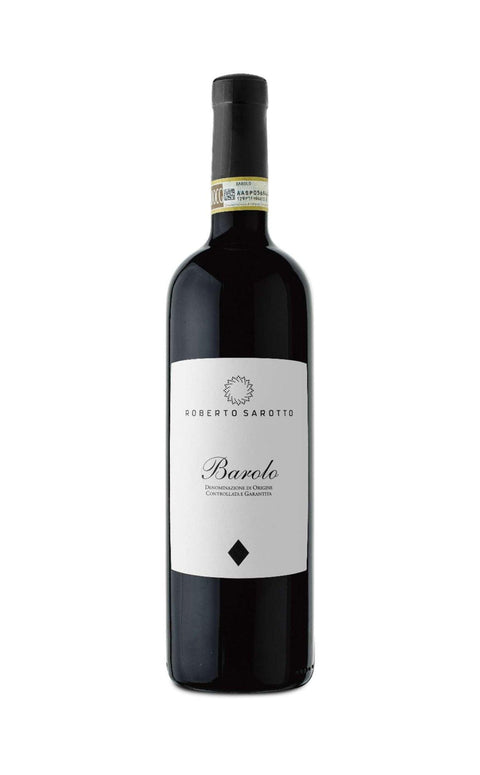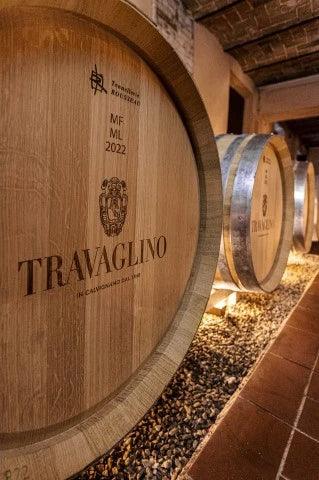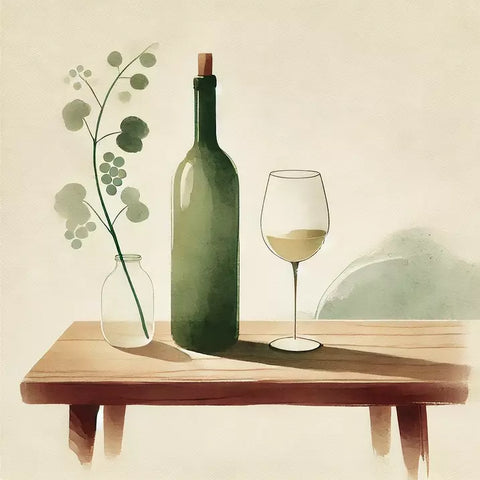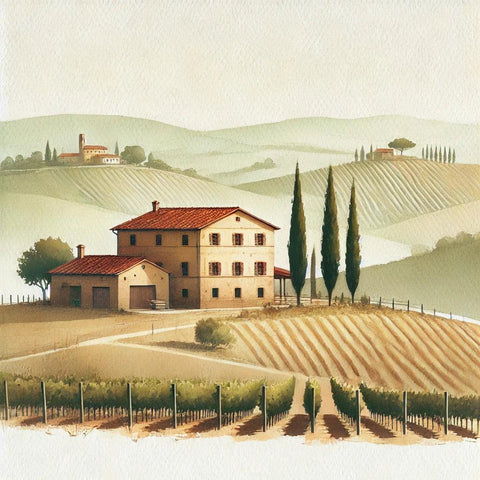Moscato d'Asti Solatio DOCG - Roberto Sarotto
Our reviews:
Moscato d'Asti Solatio
Roberto Sarotto's Moscato d'Asti Solatio is a wine that embodies the essence of Piedmont, a region renowned for its winemaking tradition and the quality of its Moscato grapes. Produced mainly in Neviglie in the Sorì Ciabot vineyard, one of the "heroic Sorìs," this wine benefits from a splendid southeast exposure, which imparts maximum aromatic characteristics and pleasantness. The soil in which the vines grow consists of calcareous marls, contributing to the complexity of the wine. The color of the wine is a straw yellow with greenish reflections, a distinctive sign of its youth and freshness. On the nose, the wine is extraordinarily aromatic, with notes of ripe fruit and honey blending into a complex and captivating bouquet dominated by Sage balsamic notes. The taste is sweet, aromatic, and "petillant," making this Moscato d'Asti extremely enjoyable when served chilled. With an alcohol content of about 5%, it's a light yet flavorful wine, ideal to be served at a temperature of 8-10 degrees Celsius.
This wine pairs perfectly with sweets and desserts but can also be used as the base for refreshing cocktails.
Tecnichal Sheet
Denomination: Moscato d'Asti DOCG
Vintage: 2023/2024
Dosage: Sweet
Grape variety: Moscato
Region: Piedmont (IT), Neviglie (CN)
Refinement: Steel
Serving temperature: 8/10°C
Alcohol content: 5% vol.
The winery Roberto Sarotto
The Roberto Sarotto winery is located in Piedmont, in the heart of the Langhe, in Neviglie near the city of Alba. The company can count on 90 hectares of property in the most prestigious production areas of Piedmont, located in different areas: Ronconuovo (Neviglie) where the main vinification and bottling cellar is also located; Novello, Barolo, Neive, Mango. In Gavi, on the other hand, there is a Cortese winery for the production of Gavi from the municipality of Gavi.
The philosophy of the cellar is particularly aimed at the needs of final consumers. The combination of tradition and modern winemaking techniques, together with the care of the vineyard, brings to light a balanced and pleasant wine in compliance with environmental sustainability.





